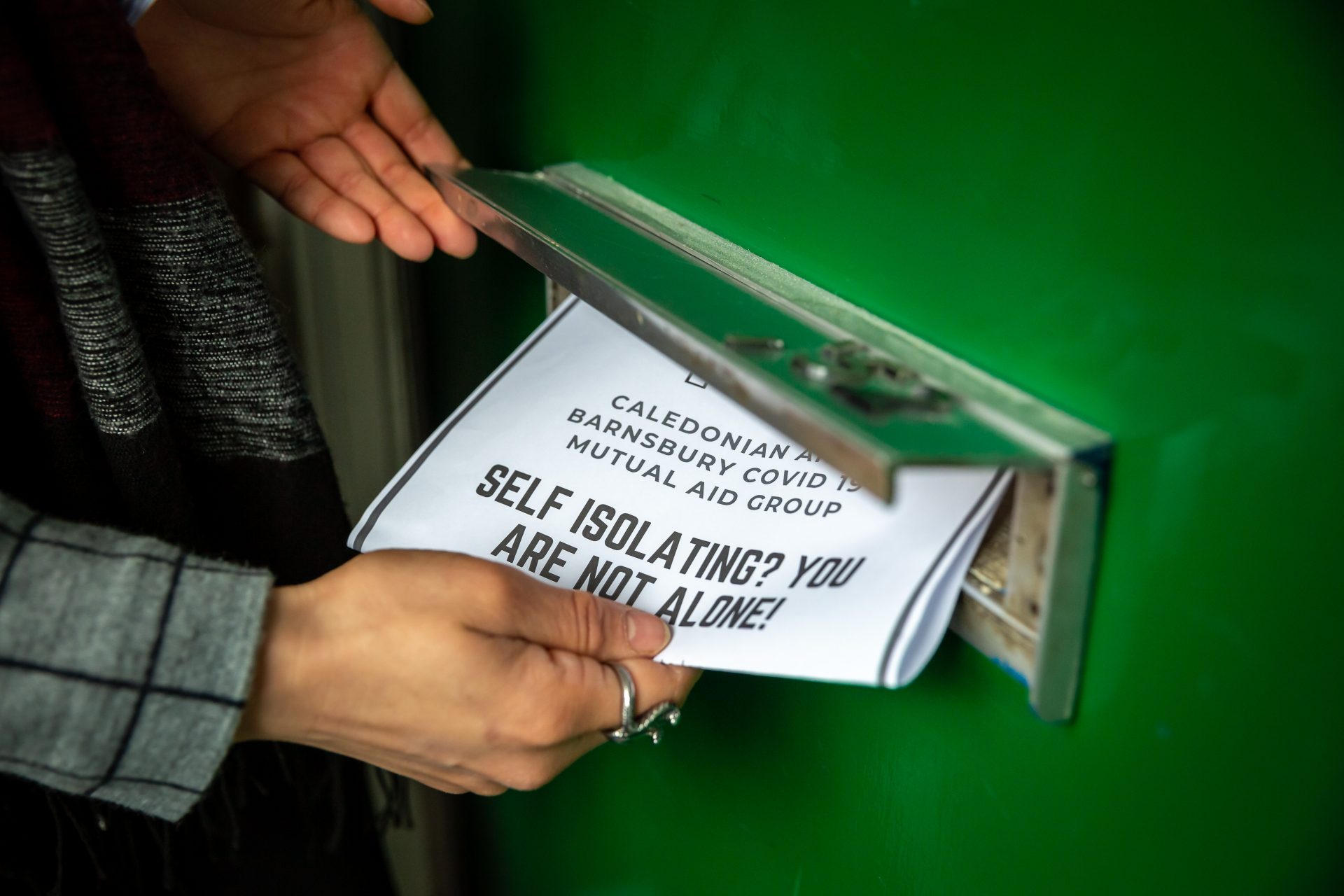How to feel optimistic about 2023 (when the world feels pretty bleak)

Written by Diyora Shadijanova
All products on this page have been selected by the editorial team, however Stylist may make commission on some products purchased through affiliate links in this article
In tough times, facing a new year with hope might sound naive – but thoughtful optimism is more important than ever.
It can be difficult to see the glass as half full when it’s been emptied so many times. Recent years have seen our collective mood take hit after hit – from the poisonous political chaos of Brexit to the trauma of the pandemic, followed swiftly by terrifying weather sparked by climate change and a brutal cost of living crisis. All of these major societal issues have affected our individual lives in different ways.
On top of that, you may have also had your own ‘stuff’ to deal with in 2022 – whether that was a break-up, career challenge or a particularly stressful housing situation. The result? Many of us may be finding it challenging to feel optimistic as we stand on the precipice of a new year.
Yet there’s no reason why 2023 can’t and won’t be brighter than expected. With the right attitude and approach, it’s possible to maintain a positive outlook, even in tough times.
Striving to be optimistic when the world seems bleak might seem naively Pollyanna-ish, but there’s nothing trivial about trying to look ahead with enthusiasm. According to psychologist and author Dr Meg Arroll, there is “robust” evidence that optimism is “a protective factor for our health”. Research shows that optimism (defined as “a tendency to expect good things in the future”) can positively influence our physical and mental health by helping us cope with our everyday social and working lives – and has even been linked to a longer life span.
When the world feels like it’s falling apart and there are so many things we can’t change, our mindset is something we can control, says Dr Arroll. “We can reframe certain things and really improve our health outlook,” she notes.
So as 2023 begins, what steps can we take to feel optimistic about the year ahead?
Acknowledge the difficulties and find the good
Trying to be optimistic about the future is not the same as ignoring or refusing to acknowledge any difficulties you’re facing. “We don’t want to veer into the toxic positivity realm, where we are completely undermining how we’re feeling at the moment,” says Dr Arroll. “That is not helpful.”
So if you’re struggling with something, allow yourself to feel those feelings. Inevitably, money is a particular source of stress for many people right now: in October, a study by the Financial Conduct Authority (FCA) revealed that one in four UK adults had “low financial resilience”, a proportion that had risen by 2.2 million people since 2020 – meaning they were already experiencing money problems or would struggle if they suffered a financial shock.
When we experience financial worries, our needs for safety and security are threatened, making it difficult to feel optimistic. “If we don’t feel safe and secure, or if we are struggling to keep a roof over our heads or food in our bellies, everything else becomes very difficult,” Dr Arroll says.
Research shows that external advice and support can help mitigate the impact of economic hardship on our mental health, so if you are struggling amid the cost of living crisis, it’s crucial to identify how to get help. The government’s cost of living support website and services like Citizens Advice can direct you to useful resources.
But at the same time, Dr Arroll advises trying to identify small things you’re grateful for right now, even amid the hardships you may be facing. “One thing we can do is to focus on the helpers and see the generosity of human nature, because it’s always there.”
Think of all the community groups that came together during the pandemic, and those providing grassroots support amid the current economic crisis. “We can often find [generosity] in our communities, and it gives us a sense of hope that not only will we be OK as individuals, but also as a group,” says Dr Arroll.
Accompany hope with action
Feeling optimistic is one thing, but matching a positive mindset with action is even more powerful. Whether that’s joining a local community group to act on issues you’re worried about, seeking out support for a particular problem you’re facing or simply tackling a mountain of dreaded life admin, taking action can help us feel more in control of – and hopeful about – our futures.
“Behavioural activation is incredibly useful, so try putting one foot in front of the other, even if you don’t feel very optimistic,” says Dr Arroll. Whatever active steps you take, they don’t have to be ‘big’ – but making them consistent can help fuel feelings of hope. “It’s like a snowball effect because behavioural activism and optimism are bi-directional and can influence one another.”
The relationship between optimism and self-care is similarly self-sustaining – which, in turn, can motivate us to take action on larger issues, says Dr Arroll. When we are optimistic, we are “more likely to care for ourselves, do important things, and have that sense of social connectedness and cohesion,” she says.
Remember that you’ve got through tough times before
We can feel more positive about the future by thinking back to when we’ve been through challenges in the past, and reflecting on how we coped and what helped us overcome them. This technique can “build our sense of ‘OK, this is tough, but we have the resources to cope,’” says Dr Arroll.
For example, think back to the coping strategies you relied on during the Covid-19 lockdowns. Did you develop a self-care routine, make more time for your hobbies or exercise more regularly? How did you look after your mental health in a time of such uncertainty and fear?
Or consider a romantic or platonic relationship break-up you thought you’d never get over, but did. Did things turn out better than you thought they would? Why?
Write down the struggles you have overcome so far and what you think helped you get through them. Knowing that we already possess the tools to cope with difficult times can make us feel less anxious about an unpredictable future.
Take care of the basics
It’s easy to overlook in a world where we’re constantly bombarded with new wellness hacks, but getting good sleep, eating well, exercising and trying to reduce our stress levels can all help us feel more positive on a short-term and long-term basis. Dr Arroll notes that it’s not just sleep that’s important; “active rest” can also help assuage anxiety.
So whether you’re worried about the state of the economy, the environment or your romantic life, giving yourself regular permission to switch off is both liberating and essential for maintaining a positive outlook on life. Read a good book, listen to music or go outside for fresh air in a local park.
“The body and the mind feed on each other and research shows that the more we take care of our bodies, the better our cognition will be and the better we will genuinely feel about ourselves,” says Dr Arroll. “These things aren’t separate; they play together.”
To feel positive about 2023, taking care of ourselves – and others – will be more important than ever.
Tiny Traumas: When You Don’t Know What’s Wrong, But Nothing Feels Quite Right by Dr Meg Arroll (£16.99, Thorsons) is out 2 February 2023
Images: Getty
Source: Read Full Article



